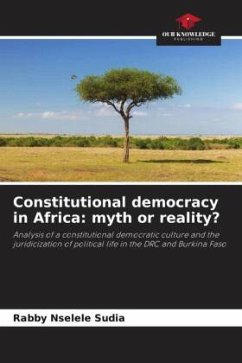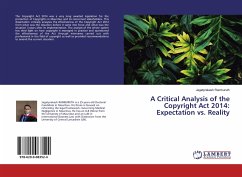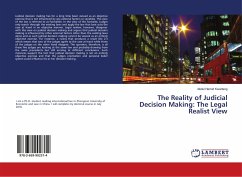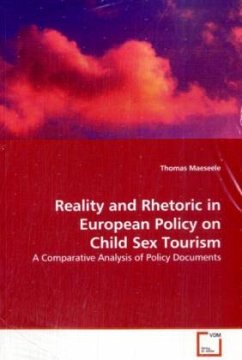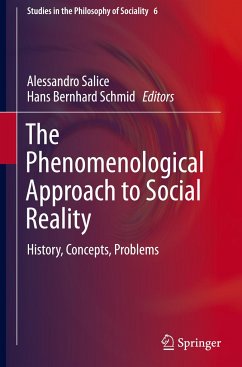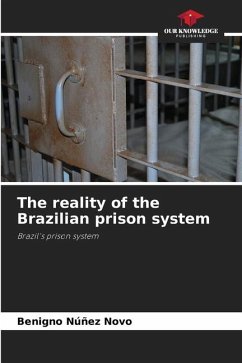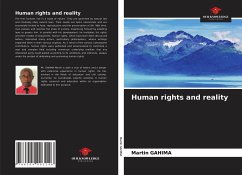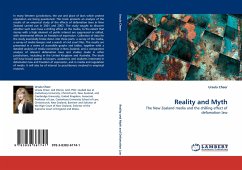
Reality and Myth
The New Zealand media and the chilling effect of defamation law
Versandkostenfrei!
Versandfertig in 6-10 Tagen
52,99 €
inkl. MwSt.

PAYBACK Punkte
26 °P sammeln!
In many Western jurisdictions, the use and place of laws which protect reputation are being questioned. This book presents an analysis of the results of an empirical study of the effects of defamation laws in New Zealand carried out in 2001 and 2002. The study sought to discover whether such laws have a chilling effect on the media, to the extent that stories with a high element of public interest are suppressed or edited, with detrimental effects on freedom of expression. Collection of data for the study essentially broke down into three parts: a survey of the media, a survey of media lawyers...
In many Western jurisdictions, the use and place of laws which protect reputation are being questioned. This book presents an analysis of the results of an empirical study of the effects of defamation laws in New Zealand carried out in 2001 and 2002. The study sought to discover whether such laws have a chilling effect on the media, to the extent that stories with a high element of public interest are suppressed or edited, with detrimental effects on freedom of expression. Collection of data for the study essentially broke down into three parts: a survey of the media, a survey of media lawyers and a search of civil court files. The results are presented in a series of accessible graphs and tables, together with a detailed analysis of media ownership in New Zealand, and a comparative analysis of relevant defamation laws and studies made in other jurisdictions, including in the United Kingdom and Australia. The book will have broad appeal to lawyers, academics and students interested in defamation law and freedom of expression, and in media and regulation of media. It will also be of interest to practitioners involved in empirical research.



